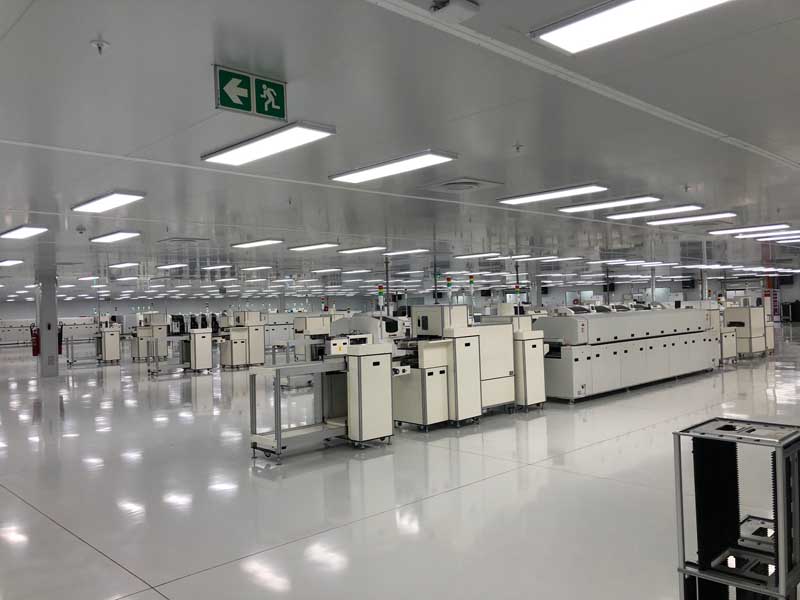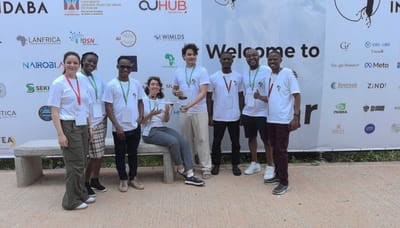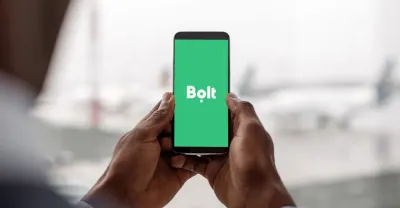On the 25 and 26 of May 2022, the assets of Yekani Manufacturing's smart industrial complex in East London, South Africa were auctioned off. After becoming insolvent and unable to repay debts, the R1 billion electronics manufacturing complex closed its doors.
When it was formally launched in 2018 for R1 billion by then South Africa's Trade & Industry Minister, Rob Davies, Yekani Group's Yekani Manufacturing was positioned to compete with global giants like as Huawei, Samsung, and Apple in the manufacturing of tablets, mobile, and computer gadgets. Following Standard Bank's motion, the final liquidation has finally been carried out by court order.
Office furniture, technician work stations, interactive large-screen monitors, whiteboards, an Isuzu KB72 double cab bakkie, Zebra ZM400 printers, a Brother VM400TE/AC vacuum packager, and an Acepak LS 600 x 800p industrial vacuum packer were among the items sold during the auction. More assets were listed on Bidorbuy, with 7th generation Intel Atom tablets being auctioned off to recuperate funds. The tablets on the list were part of a supply order for the KwaZulu-Natal Department of Education.
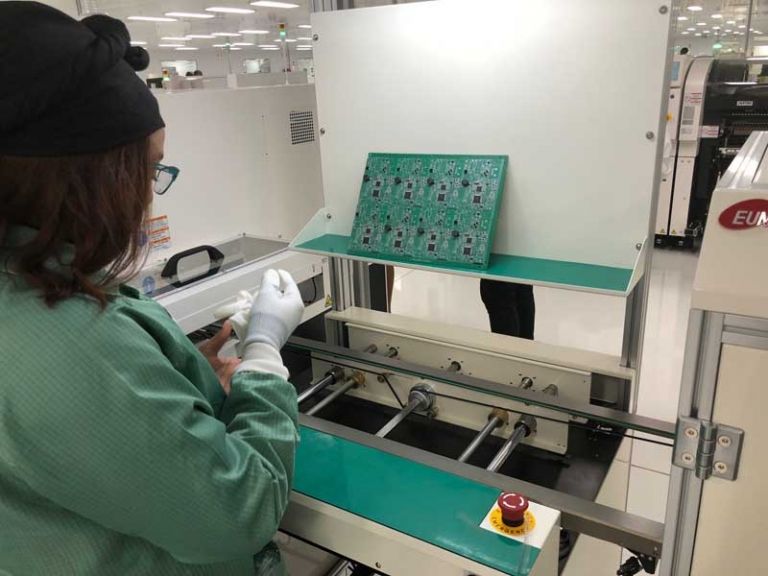
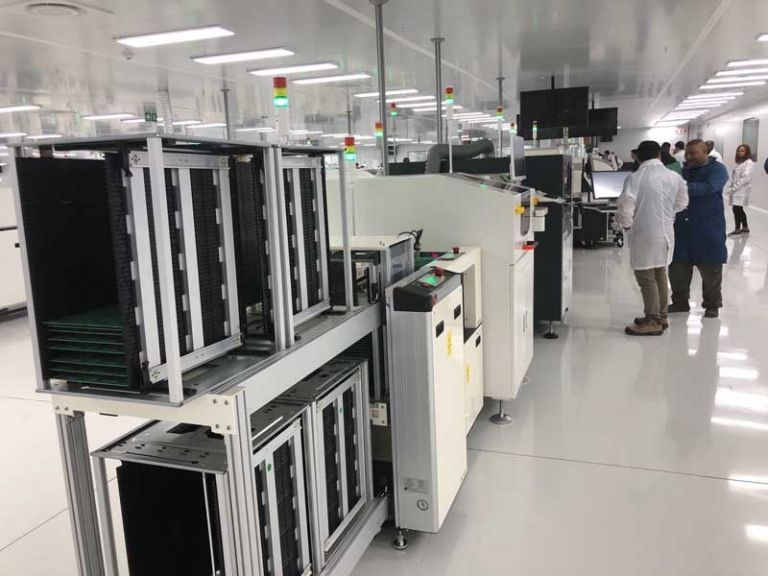
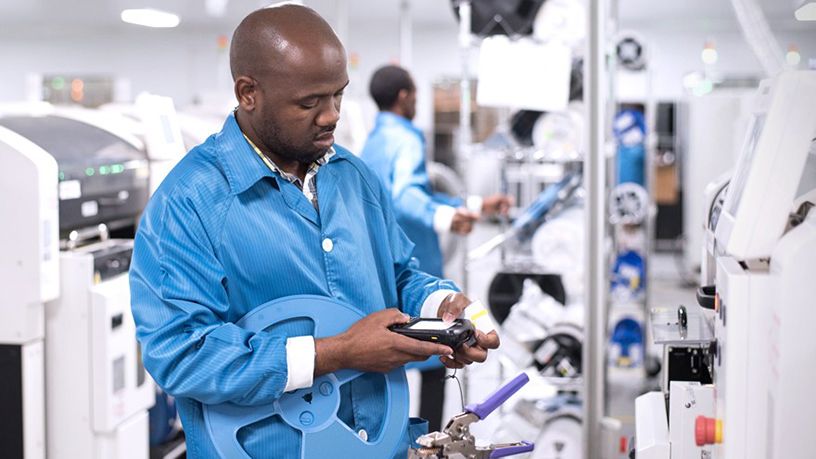
What went wrong at Yekani Manufacturing?
Multichoice commissioned Yekani to construct its flagship decoder Explora when business was booming. This contract, along with others, acted as a barometer of the electronics company's technological capabilities at the time.
Things started to go wrong when Yakani defaulted on a $200 million loan from Standard Bank. Standard Bank commenced the liquidation process after a series of failed concessions.
In February 2020, Yekani filed a challenge to the liquidation, and the court halted the process for a hearing on a possible business rescue of the firm, which ultimately failed, allowing the auction process to proceed.
Another failure
Yekani's demise is reminiscent of the demise of Mara Phones.
President Cyril Ramaphosa launched the Mara Phones assembly plant near Durban in October 2019, touting it as a cutting-edge facility that will help generate thousands of jobs. The facility was built using half of an R1,5 billion loan from Standard Bank and the Industrial Development Corporation.
Mara stated that the plant would produce 1,2 million smartphones for the local and regional markets, and that it already had 200 employees when it opened.
Both the closure of Mara Phones and Yekani in South Africa raise questions about how both companies were run and the sustainability of their business models.
— By Bataung Qhotsokoane


